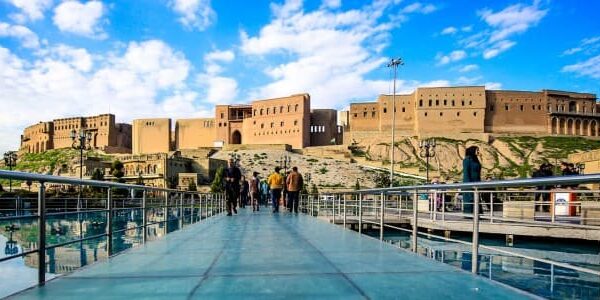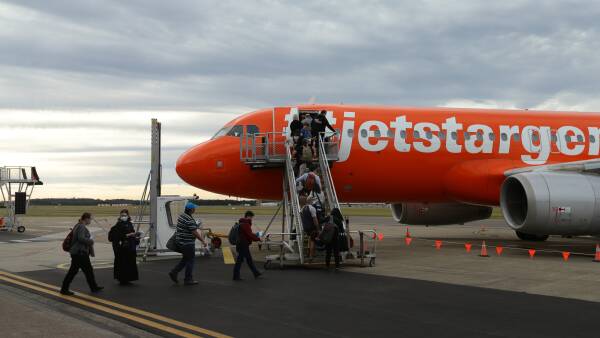The rise of sustainable tourism is reshaping the holiday experience, prompting travelers to consider how their trips impact the environment and local communities. As the demand for eco-friendly options increases, terms like “sustainable,” “eco,” and “green” flood holiday brochures, making it challenging to discern genuine efforts from mere marketing tactics.
A recent report reveals that more than 53% of green claims in the tourism sector are vague, misleading, or unfounded. Additionally, half of all green labels lack robust verification processes. This raises critical questions about how travelers can identify authentic sustainable travel options amidst widespread greenwashing.
Understanding Sustainable Certifications
Sustainability certifications serve as a framework for verifying that businesses meet specific environmental, social, or ethical standards. These third-party assessments help manage and communicate sustainability performance. Over 100 certifications exist, promising a more responsible travel experience. However, not all certifications hold the same weight.
Current research indicates that many certification schemes focus primarily on whether businesses have adopted some environmental policies, rather than evaluating their effectiveness. For instance, while a hotel may claim to reduce its negative environmental impact, this does not guarantee that its energy or water consumption is significantly lower than that of its competitors.
To ensure your travel choices align with sustainable practices, look for certifications that are:
1. **Third-party verified**: Independent checks validate green claims.
2. **Specific and clear**: Avoid vague terms like “eco-friendly.” Seek certifications that require transparent reporting on specific actions, such as waste management.
3. **Impact-focused**: Certifications should promote best practices in complex areas like biodiversity conservation and fair labor conditions.
Notable sustainable tourism certifications include Green Key, recognized as the largest label in Europe; B Corp, which evaluates a company’s entire social and environmental impact; The Long Run, which advocates for nature conservation; and Fair Trade Tourism, promoting fair working conditions. These certifications require regular audits to maintain their status.
As consumers, travelers have a role to play in demanding accountability. The upcoming EU Green Claims Directive, set to be implemented by 2026, aims to address the greenwashing issue by requiring businesses to substantiate their environmental claims. This legislation will apply to any company selling to consumers in the European Union, ensuring greater credibility in eco-labels. Expect a shift towards fewer but more respected certifications that reduce consumer confusion.
Contributing to Local Communities
While certifications are essential, they represent only one aspect of sustainable travel. To enhance the positive impact of your holiday, consider how to support local communities and minimize environmental harm. Here are several strategies to consider:
– **Travel shorter distances**: Research shows that transportation significantly contributes to the carbon footprint of a trip. Opt for fewer flights and consider booking those with lower carbon emissions. Staying longer at your destination can also enhance local spending.
– **Select local operators**: Choose tour companies that prioritize locally owned and small suppliers. When purchasing souvenirs, seek out locally produced items that reflect the culture of the destination.
– **Embrace slow travel**: Engage more deeply with your surroundings by hiking, cycling, or using local transport. Opt for buses and trains over private cars, and consider renting electric vehicles.
– **Mind your meals**: Enjoy local and seasonal food, and strive to reduce food waste by consuming everything on your plate.
As the conversation around sustainable tourism evolves, travelers are increasingly encouraged to take conscious steps that support both the environment and local economies. By selecting businesses that prioritize genuine sustainability and implementing responsible travel practices, individuals can play a crucial role in fostering a more sustainable future for tourism.
In conclusion, while the responsibility lies with businesses to substantiate their claims, travelers must also educate themselves and make informed choices. By prioritizing sustainability, you not only enhance your holiday experience but also contribute to a meaningful legacy for future generations.





























































